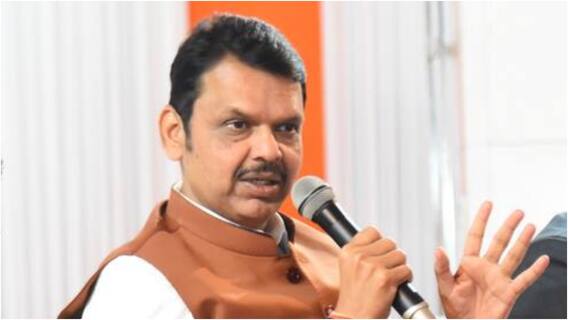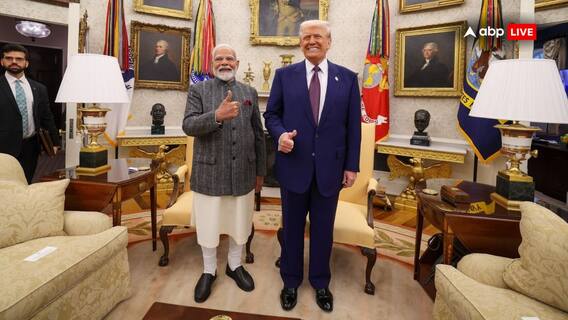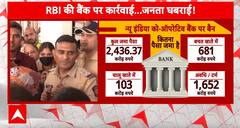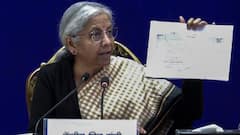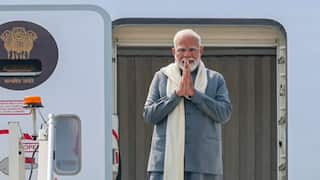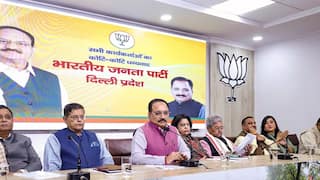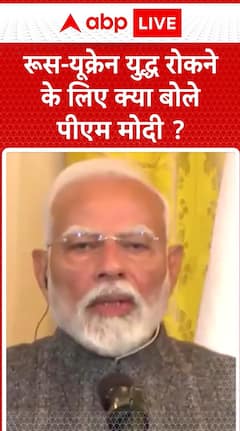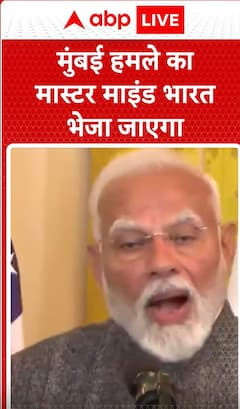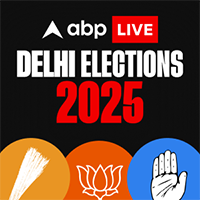RBI Governor Shaktikanta Das Urges Fintech Firms To Set Up Self Regulatory Organisation At GFF
Global Fintech Fest: Shaktikanta Das said that good governance will be key to durable and long-term success of any company, and in particular, the fintech players

Shaktikanta Das, governor of the Reserve Bank of India (RBI), on Wednesday urged fintech players to set up a Self Regulatory Organisation (SRO) at the earliest for an orderly growth of the industry. "Fintech players need to evolve industry best practices, privacy, and data protection norms in sync with the law of the land," he said, adding that they can also set standards on issues like misselling, promoting ethical business practices and transparency in pricing.
Speaking at the Global Fintech Fest in Mumbai on Wednesday, Das said that good governance will be key to durable and long-term success of any company, and in particular, the fintech players. According to estimates, the fintech sector revenues are set to touch $200 billion by 2030, he added.
The governor also said that the RBI is planning to test some more use cases in the wholesale pilot of central bank digital currency (CBDC). Das said, "Now we are planning to test some more use cases in wholesale pilot of CBDCs."
The central bank has launched the wholesale pilot of the CBDC on November 1, 2022, to settle the settle secondary market transactions in government securities. He said that CBDC needs to be introduced in a non-disruptive manner. Therefore, the central bank is following a strategy of calibrated and phased implementation. "CBDC provides unique opportunities as it represents the next milestone in the evolution of the payment system," Das said.
The introduction of CBDC was announced in the Union Budget 2022-23 by Finance Minister Nirmala Sitharaman and necessary amendments to the relevant section of the RBI Act, 1934, were made with the passage of the Finance Bill 2022.
The RBI picked up nine banks, State Bank of India, Bank of Baroda, Union Bank of India, HDFC Bank, ICICI Bank, Kotak Mahindra Bank, YES Bank, IDFC First Bank, and HSBC, for its pilot project for wholesale CBDC. Besides, the central bank has already rolled out a pilot in the retail version of the CBDC (e₹-R) on December 1, 2022. The e₹-R is in the form of a digital token that represents legal tender.
It is being issued in the same denominations as the paper currency and coins. It is being distributed through financial intermediaries like banks. Users can transact with e₹- R through a digital wallet offered by the participating banks.
Trending News
Top Headlines












